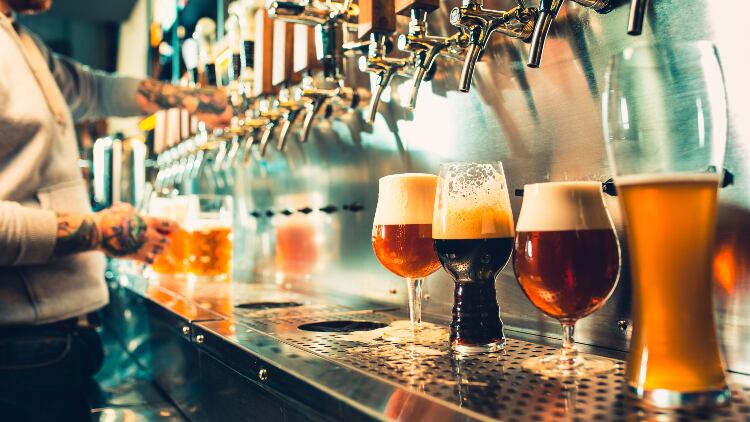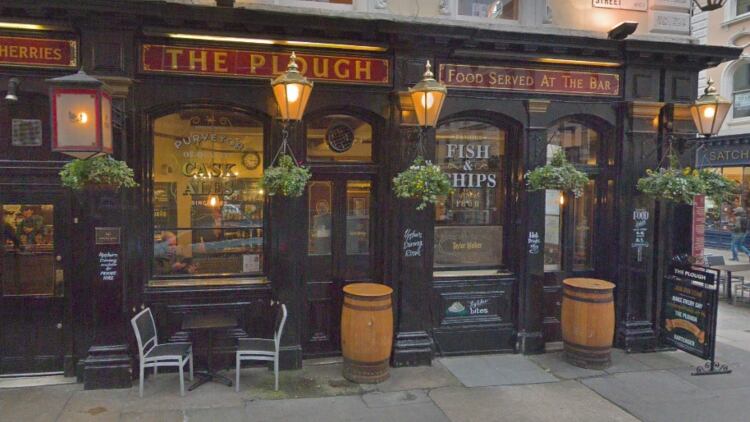Two news stories have caught my eye over recent weeks. One reported that drinkers in the UK get drunk more often than anywhere else in the world, about once per week on average.
Secondly there is the well-documented demise of Jamie’s Italian, and a wealth of reports and statistics demonstrating difficulties in certain parts of the restaurant sector.
So, what do these reports tell us? One interpretation has to be that, while many of us like a drink, the UK’s appetite for dining out is not quite what it has been in recent years. We have seen a large number of local community boozers and high street bars become more food-focused to attract a wider audience.
Some of the latest stories indicate that a wet-led offer may be back on the rise.
A successful business has to adapt to its customers and anyone considering a change in operation to focus more on drinkers rather than diners will need to carefully consider what they are permitted to do. In difficult economic times it can be tempting to make sweeping changes, but there is a legal process that must be followed, which inevitably takes time and money.
Among other things, an operator looking to change from dining to wet-led would need to look at their licence conditions and plans. Licence conditions are unique to a particular premises and need to be appropriate for the style of operation and to promote the licensing objectives. It is not uncommon to find conditions that restrict the use of a premises in certain ways. For example, that the sale of alcohol is ancillary to a table meal. Changing these conditions may be a straightforward process but in some locations it can be nigh on impossible. In particular, in cumulative impact areas an application for the removal of a condition that makes alcohol ancillary to food can be controversial, costly and lengthy.
Changes to plans may be more straightforward for slight adjustments, however if a premises were to turn a kitchen into a new whisky snug, it would almost certainly receive a great deal of scrutiny. Careful consideration must be given to the potential to negatively impact on the licensing objectives and, if so, the measures in place to mitigate such an impact. Alongside licensing, planning permissions may also need considering if there is a significant change in the use of the premises.
The hospitality world is forever changing. The legal processes involved often seem rather clunky and leaden-footed by comparison, but an appreciation of the need for compliance early on can keep you ahead of the game and prevent nasty enforcement surprises further down the line.
For any legal enquiries please visit Poppleston Allen's website.




